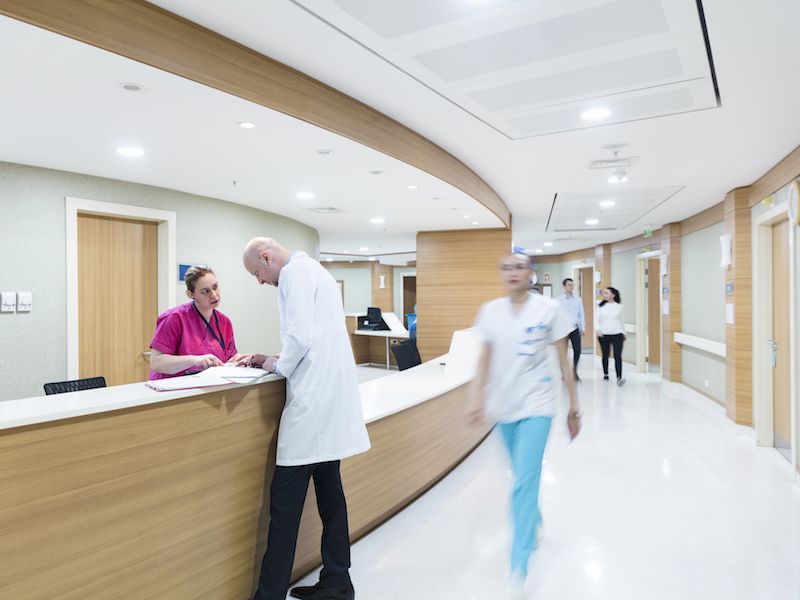
For years, researchers have been considering the effect hearing loss has on a person’s health. Understanding what neglected hearing loss can do to your healthcare spending is the focus of a new study. Individuals, as well as the medical community, are searching for methods to reduce the rising costs of healthcare. You can reduce it significantly by something as simple as managing your hearing loss, according to a study put out on November 8 2018.
How Health is Impacted by Hearing Loss
There are hidden risks with untreated hearing loss, as reported by Johns Hopkins Medicine. Researchers spent 12 years tracking adults with anywhere from mild to severe hearing loss and discovered it had a considerable effect on brain health. For example:
- Someone with slight hearing loss doubles their risk of dementia
- The risk is triple for people with moderate loss of hearing
- Dementia is five times more likely in someone suffering from severe hearing loss
The study showed that when somebody has hearing loss, their brain atrophies faster. The brain is put under stress that can lead to damage because it has to work harder to do things such as maintaining balance.
Also, quality of life is affected. Stress and anxiety are more likely in a person who can’t hear well. Depression is also more likely. More expensive medical bills are the result of all of these issues.
The Newest Study
The newest study published November in the Journal of the American Medical Association (JAMA) shows that it becomes a budget breaker if you choose not to take care of your loss of hearing. The University of California San Fransisco, Johns Hopkins with AARP, and Optum Labs also led this study.
77,000 to 150,000 patients with untreated hearing loss were examined. Just two years after the diagnosis of hearing loss, patients generated almost 26 percent more health care expenses than individuals with normal hearing.
As time goes by, this amount continues to increase. Healthcare expenses go up by 46 percent after 10 years. Those statistics, when broken down, average $22,434 per person.
Some factors that are associated with the increase are:
- Lower quality of life
- Falls
- Decline of cognitive ability
- Dementia
- Depression
A second associated study conducted by Bloomberg School indicates a connection between untreated hearing loss and higher mortality. Some other findings from this study are:
- 3.6 more falls
- 6.9 more diagnoses of depression
- 3.2 more diagnoses of dementia per 100 over the course of 10 years
The research by Johns Hopkins correlates with this one.
Hearing Loss is Increasing
According to the National Institute of Deafness and Other Communication Disorders:
- Currently, two to three out of every 1,000 children has loss of hearing
- Hearing loss is prevalent in 55 to 64 year olds at a rate of 8.5 percent
- Approximately 15 percent of young people aged 18 have trouble hearing
- There’s considerable deafness in individuals between the ages of 45 to 54
The number rises to 25 percent for people aged 65 to 74 and 50 percent for anybody above the age of 74. Over time, those figures are anticipated to go up. As many as 38 million individuals in this country could have hearing loss by the year 2060.
Wearing hearing aids can alter these figures, though, which the study doesn’t touch on. What they do understand is that wearing hearing aids can eliminate some of the health problems associated with hearing loss. Further research is required to determine if using hearing aids lowers the cost of healthcare. It’s safe to say there are more reasons to wear them than not to. Schedule an appointment with a hearing care professional to see if hearing aids help you.